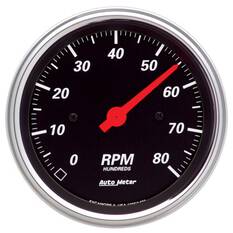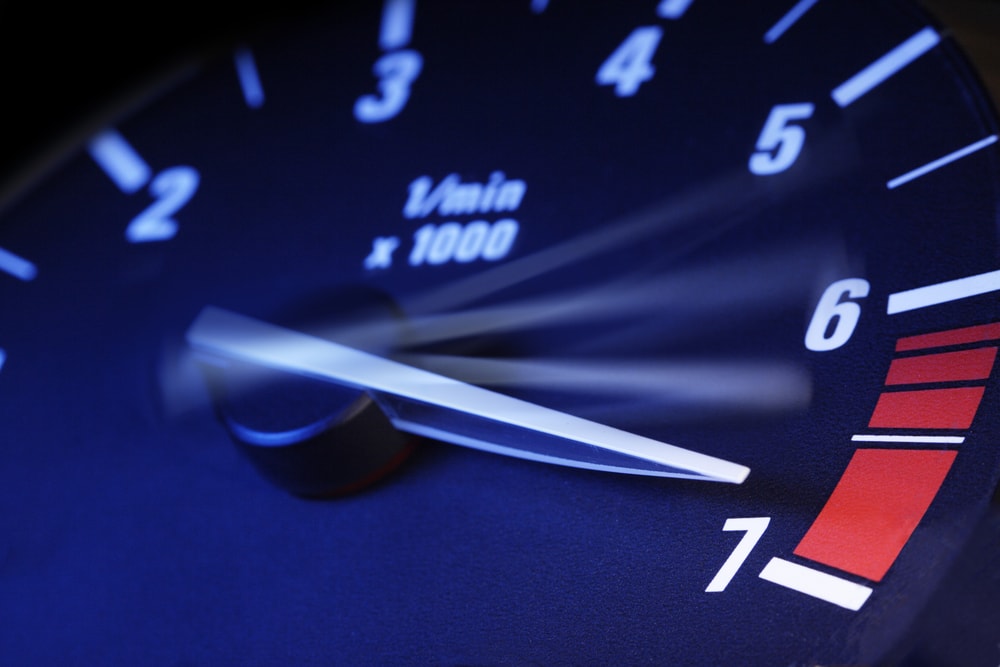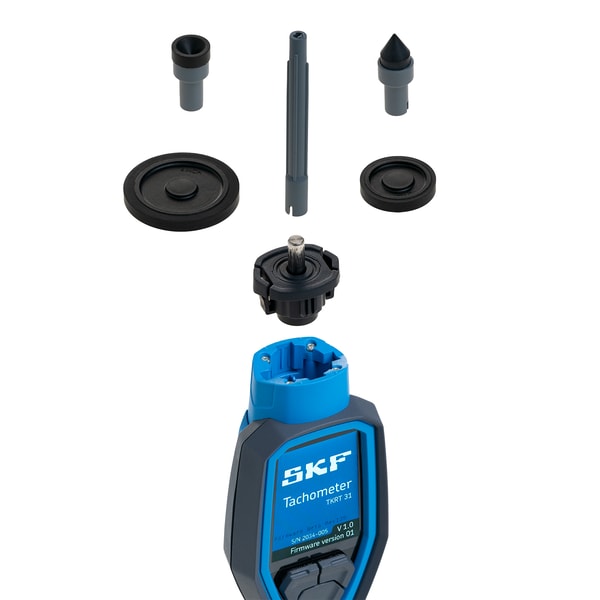Leading Reasons That Every Driver Needs a High-Quality Tachometer
The Importance of a Tachometer in Monitoring Engine Rate and Efficiency in Automotive Applications
In the world of auto design, the tachometer stands as an essential tool in the vehicle driver's collection, giving a straight window right into the inner workings of a lorry's engine. Beyond its feature as a mere scale of changes per minute (RPM), the tachometer serves as an essential device for fanatics and specialists alike, offering real-time insights right into engine efficiency and wellness.
Value of Checking Engine RPM
Monitoring engine RPM, or revolutions per min, is a critical aspect of automotive maintenance and efficiency evaluation. Engine RPM straight correlates with the speed at which the engine's crankshaft rotates, showing how promptly the engine is running - tachometer. By monitoring RPM, auto mechanics can assess the wellness of the engine, spot potential issues, and fine-tune performance. An unusual RPM reading may signify issues such as engine misfires, faulty spark plugs, or issues with the fuel shipment system. Regularly high RPM readings can indicate hostile driving practices or the requirement for a greater gear change to boost fuel performance.
Moreover, monitoring engine RPM is vital for performance examination in auto racing and high-performance lorries. In recap, monitoring engine RPM is not just crucial for spotting problems but additionally for optimizing engine efficiency in numerous vehicle applications.

Advantages of Real-Time Data
In auto applications, real-time data plays an important duty in offering instantaneous insights right into the efficiency and problem of the car. By continually monitoring different specifications such as engine speed, temperature, fuel consumption, and much more, real-time data offers countless advantages that add to enhanced efficiency and safety when traveling.
Furthermore, real-time data facilitates efficiency optimization by providing prompt comments on driving habits and engine effectiveness. Chauffeurs can change their behavior in real-time based on this info to achieve much better gas economic climate and prolong the life expectancy of their automobile.

Moreover, real-time information plays a vital function in modern vehicle diagnostics, enabling service technicians to swiftly diagnose and attend to breakdowns. This results in lowered downtime, lower maintenance prices, and eventually, boosted general automobile reliability and durability (tachometer). By using the power of real-time data, vehicle stakeholders can make enlightened choices that positively affect both the efficiency and long life of the vehicle
Influence On Equipment Shifts
The tachometer plays use this link a vital function in enhancing gear changes by providing real-time engine rate information to the vehicle driver. When approaching the redline on the tachometer, it signifies the driver to upshift to protect against over-revving the engine and creating potential damage.
Moreover, the tachometer help in attaining smoother gear changes, especially in hand-operated transmissions. By keeping track of engine speed, drivers can carry out gear shifts at the optimum RPM array, minimizing jerking motions and minimizing wear on the transmission components. This accuracy on duty modifications not only boosts driving convenience however also adds to fuel effectiveness.
Enhancing Fuel Effectiveness
Given the critical role the tachometer plays in optimizing equipment shifts for efficiency and engine health and wellness, it directly adds to optimizing fuel effectiveness in automotive applications. By giving real-time comments on engine speed, the tachometer aids chauffeurs in maintaining one of the most reliable RPM variety for gas economic climate. When drivers continually keep track of the tachometer and readjust their driving behaviors as necessary, they can prevent unneeded fuel usage brought on by over-revving or carrying the engine.
Moreover, the tachometer assists drivers recognize the most fuel-efficient equipment to be in at any given minute, avoiding the engine from functioning harder than needed. This is particularly essential during velocity and travelling, where remaining in the ideal gear can dramatically affect gas efficiency. Furthermore, the tachometer can inform drivers to prospective mechanical issues that might be adversely influencing gas economy, such as a slipping clutch or a stopped up air filter. In conclusion, the tachometer serves as a useful device in enhancing fuel effectiveness by promoting ideal driving behaviors and recognizing locations for enhancement in the automobile's efficiency.

Making The Most Of Engine Longevity
The tachometer's role in keeping an eye on engine speed and efficiency is instrumental in making sure the durability of auto engines. Keeping an eye on the tachometer permits chauffeurs to remain within the recommended RPM variety for their vehicle, stopping unneeded stress on the engine and expanding its lifespan.

Conclusion
To conclude, the tachometer plays a vital role in keeping read the article track of engine rate and performance in vehicle applications. By offering real-time information on RPM, it enables reliable gear changes, enhanced fuel performance, and made the most of engine long life. This tool is necessary for maintaining ideal engine efficiency and guaranteeing the total functionality of a car.